In recent years, Vietnamese teachers, especially English teachers, have begun to pay attention to professional development. This is reflected in the increasing number of academic communities on social networks, workshops, webinars, and short-term science summer camps. As a result, many teachers have proactively taken summer courses to "upgrade" themselves.
Dynamics of expanding connectivity
In mid-July, Ms. Nguyen Thi Minh Thi, Director of ACE IELTS Center, temporarily put aside her work in Ho Chi Minh City and traveled to Da Lat to participate in a scientific summer camp on research methods, held for 3 consecutive days. Because she had not met many teachers in the industry and was sometimes lonely at work, Ms. Thi saw this as an opportunity to expand her connections and also a time to relax after a year of studying.
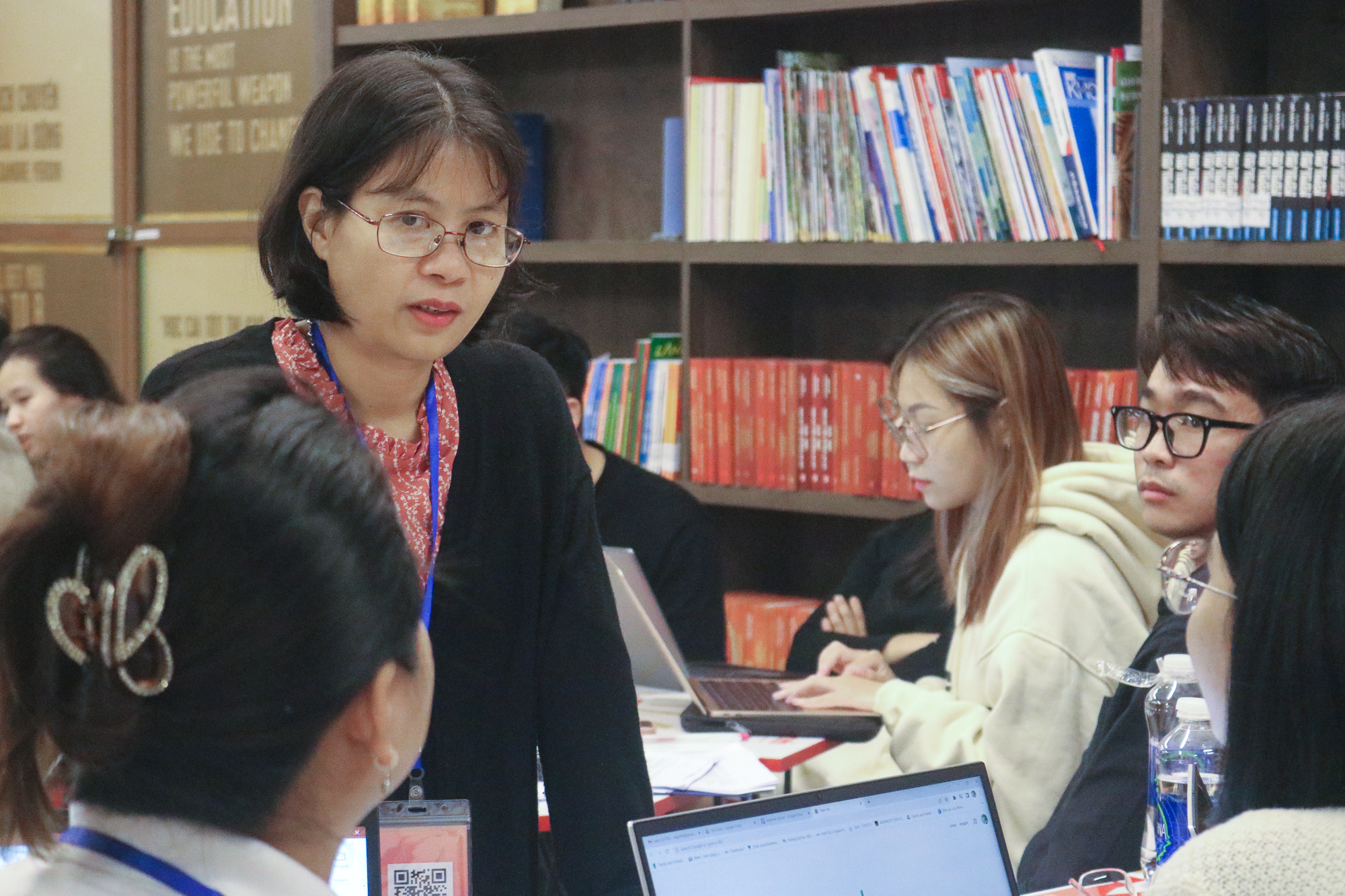
Summer course on quantitative research methods held in Da Lat taught by Dr. Vo Thanh Son Ca
"I took a class on quantitative research methods, mainly learning how to analyze data using SPSS software. Because I had a foundation from university, I did not have difficulty absorbing knowledge. However, to study well and do the exercises easily, I always previewed the lecturer's lesson related to the program before entering the class," said Ms. Thi.
In addition to learning more knowledge, the female director said she had the opportunity to connect with many young, eager-to-learn teachers and received more guidance on how to organize classes, connect with students... effectively. "Almost every night, I discuss expertise with my friends until 1-2 am but still feel awake. The summer camp has brought more value than I expected," Ms. Thi confided.
According to Ms. Thi, currently good teachers are very generous in sharing their knowledge. Therefore, in addition to science summer camps, teachers can also participate in academic groups on social networks, or online and live seminars to exchange and learn more experiences from experts in the field.
Nguyen Thanh Tan, a lecturer at the Ho Chi Minh City University of Architecture, also recently attended a science summer camp, which he calls a short-term scientific research course. "In the summer camp, anyone can attend and I observed that in the class there were many teachers in their 40s still going to school," Tan recalled.
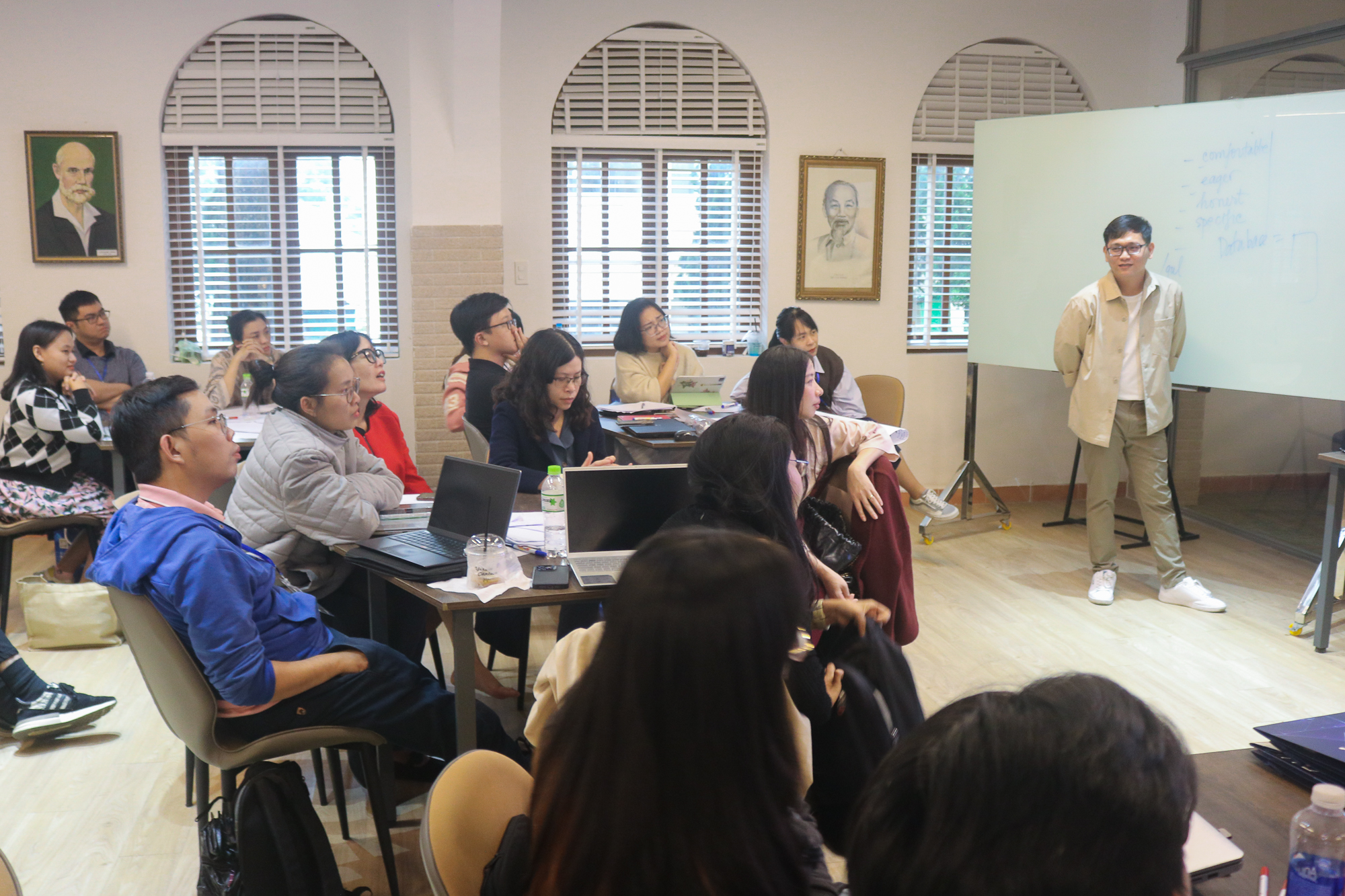
According to teachers, science summer camps are not only an opportunity to improve knowledge, but also create opportunities to expand their network of relationships.
Seeing that research and teaching must go hand in hand, the male lecturer chose to study qualitative interviewing methods. Mr. Tan appreciated that the lecturer taught in an easy-to-understand way, knew how to link abstract issues into common events, and created interest in the students.
"During that time, I also had the opportunity to meet more teachers and expand my connections. This helped a lot in my work, as we could share books, teaching techniques or help each other," said Mr. Tan, who hopes that there will be more research conferences for teachers in the future.
How to organize an effective science summer camp
Recently, the English Teaching Research Collaboration Network (TERECONET), a non-profit academic group specializing in supporting teachers who are "in trouble" in research and teaching, organized the first scientific summer camp on research methods in the English teaching industry in Vietnam, attracting 80 participants.
Master Tran Thanh Vu, PhD student at the Faculty ofEducation , Durham University (UK), who is also the founder and operator of the network, said that the motivation for organizing the summer camp came from the desire to create opportunities for researchers to connect and learn from each other, and from the fact that professional development forms for researchers are still limited and ineffective.
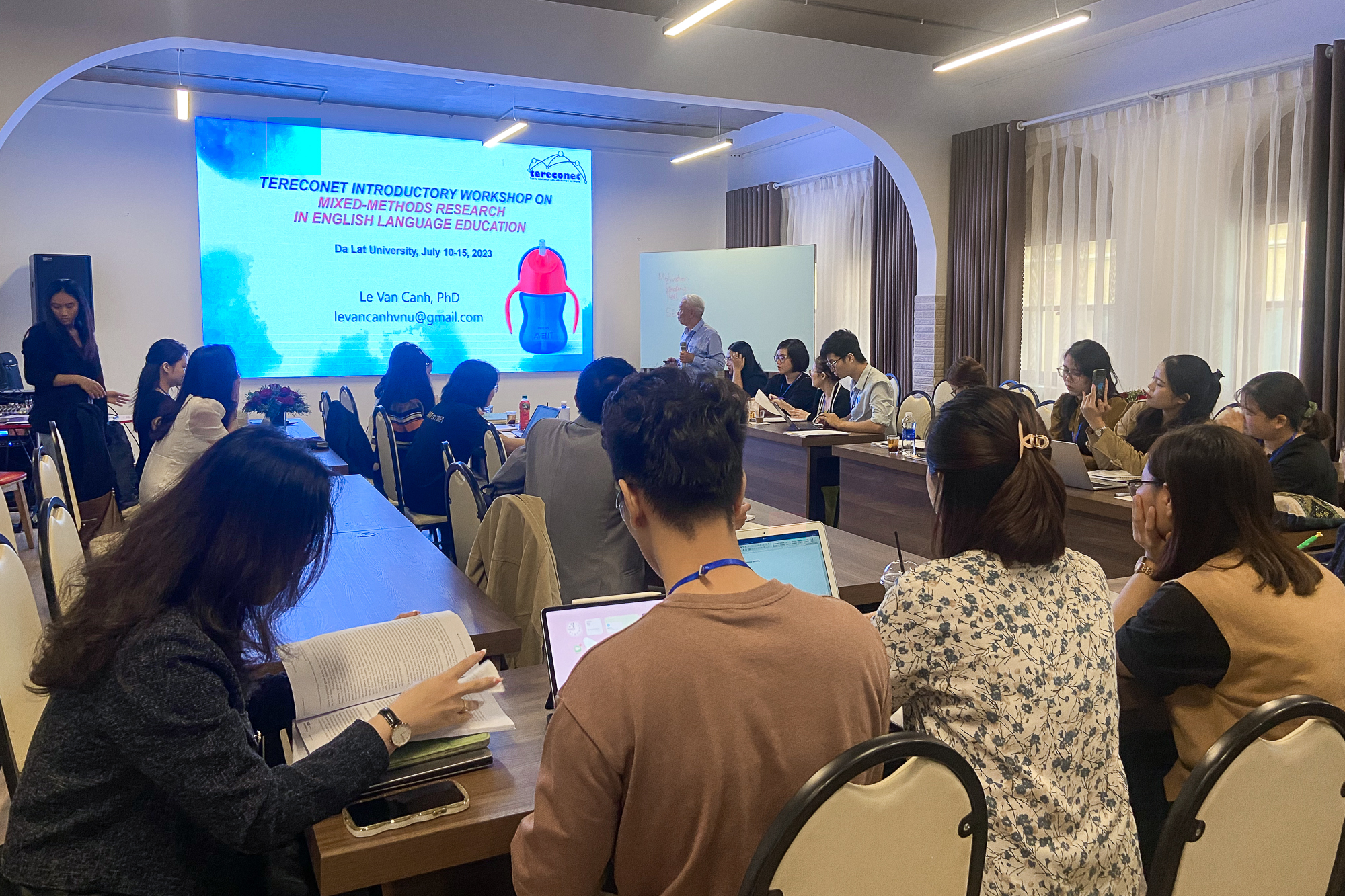
Associate Professor, Dr. Le Van Canh (in blue shirt, standing), a leading expert in English teaching, teaches a mixed research method class at a science summer camp.
"In particular, seminars are just a place to share research results and connect, it is difficult to learn because the knowledge is not systematic and there is not enough time to understand and practice. Short-term research courses are often taught in general, or combine many research techniques into a single course, not separately," Mr. Vu explained.
According to Mr. Vu, teachers attending summer school is an opportunity for them to connect with colleagues, pursue their passions, develop their expertise and learn from experts. However, the knowledge provided at summer camp is only truly effective if each student has a plan to apply it to real-life research, as well as systematic practice.
"Immediately after completing the course, students need to start implementing their ideas and maintain interaction with experts to continue receiving guidance," Master Vu advised.
On the other hand, to organize an effective science summer camp for teachers, Mr. Vu believes that there are 4 things to keep in mind. Firstly, the location should be in a different city from where the students live, so that they can focus on studying and researching, instead of being tied down by work, family, etc.
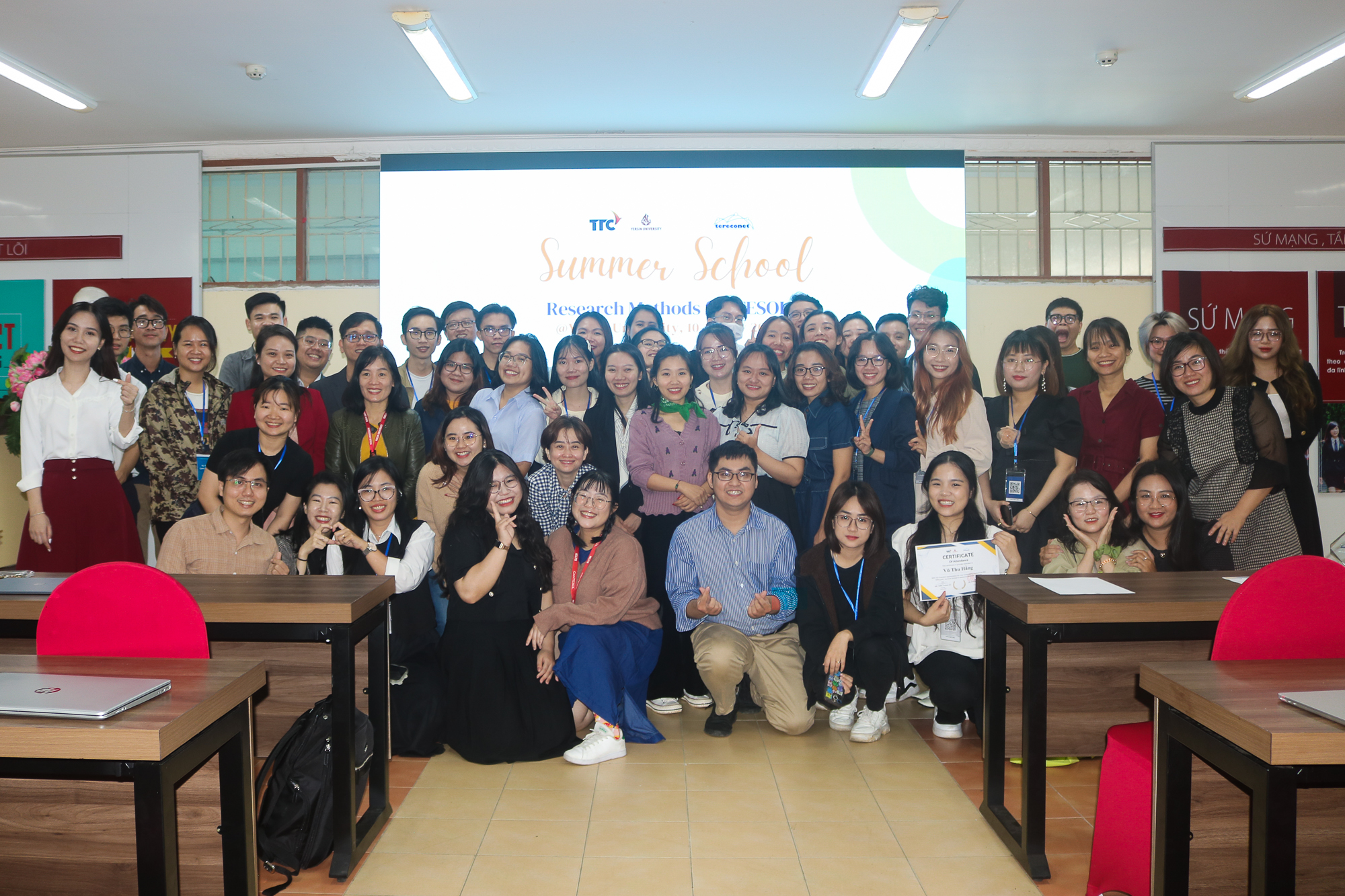
The students are currently high school teachers, university and college lecturers... attending the science summer camp.
"Second, each class needs to focus on a specific research design and have high depth. Next, the practical part should be balanced and integrated in each lesson, helping students have the opportunity to apply knowledge effectively. Finally, we must create opportunities for students to connect and exchange," said Master Vu.
"At first, we were also afraid of being left without a job. But unexpectedly, the teachers were extremely studious. The classes were full in the first 30 hours and had to open more seats. In the coming time, we will organize seminars on scientific research both online and in person to connect researchers across the country, as well as inspire the teaching community to study, practice and practice research together," Mr. Vu added.
Source link








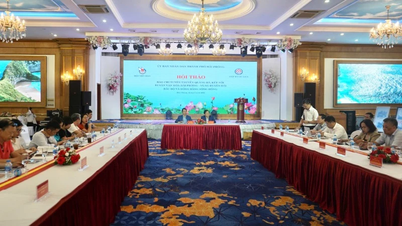

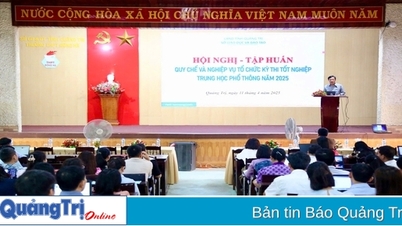

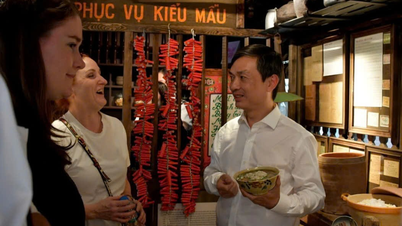

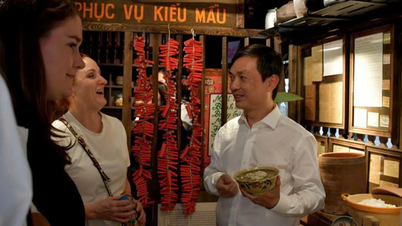


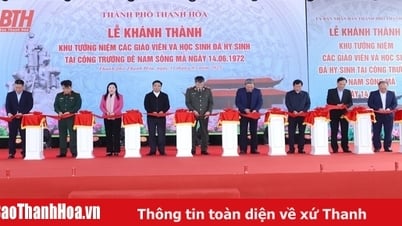
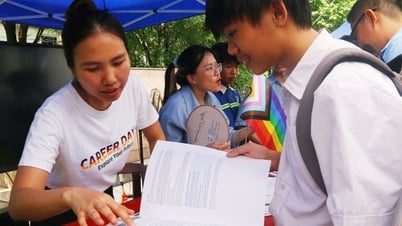

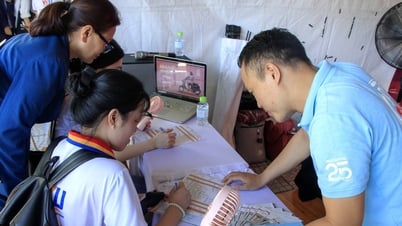
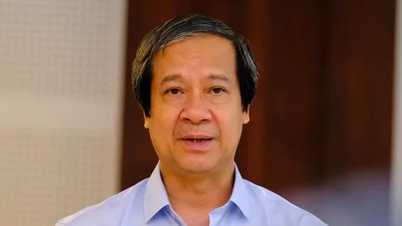

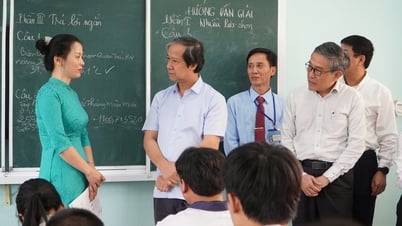
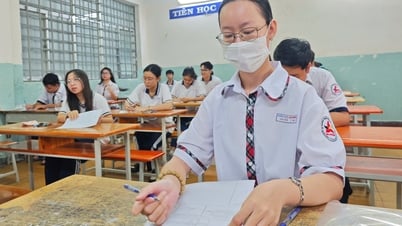
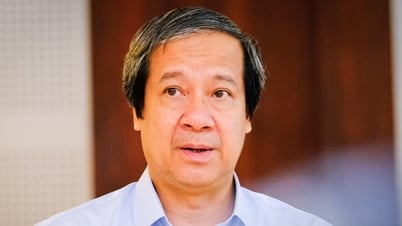









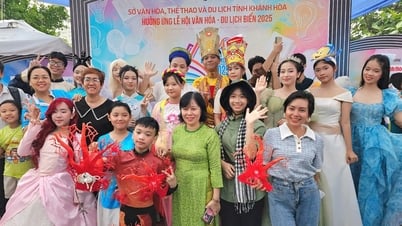
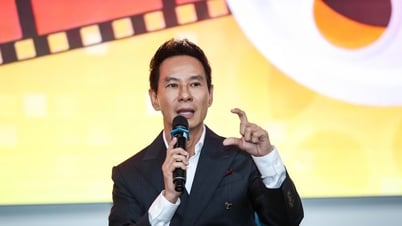


![[Photo] General Secretary To Lam receives Korean Ambassador to Vietnam](https://vphoto.vietnam.vn/thumb/1200x675/vietnam/resource/IMAGE/2025/6/6/a0765b7543784cbcbfe4755b67d43ab4)
![[Photo] President Luong Cuong works with Hung Yen and Thai Binh Provincial Party Committees on implementing Resolution of the 11th Central Conference, 13th tenure](https://vphoto.vietnam.vn/thumb/1200x675/vietnam/resource/IMAGE/2025/6/6/127b735d2761484d81dcee0d7725a25b)
























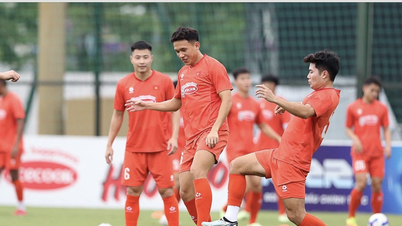
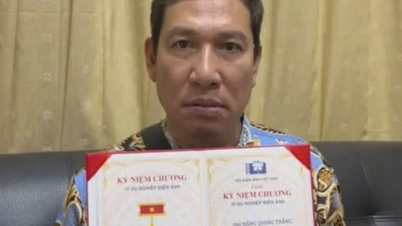

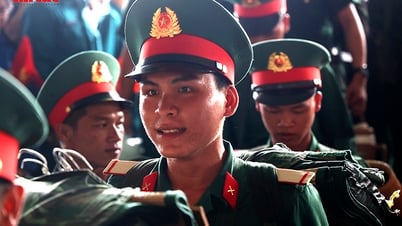
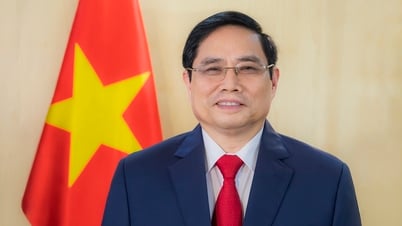




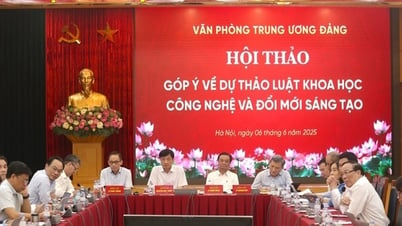

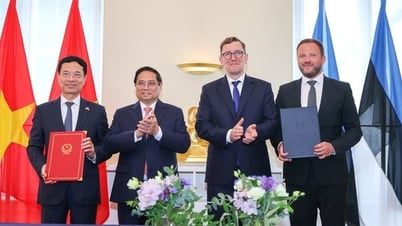
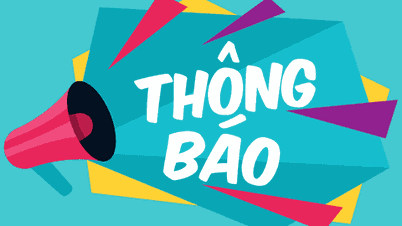




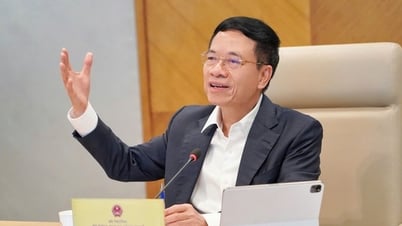
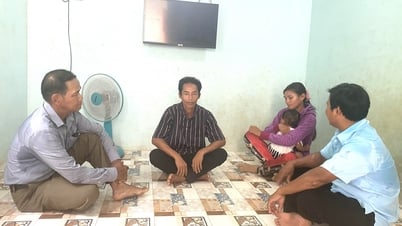

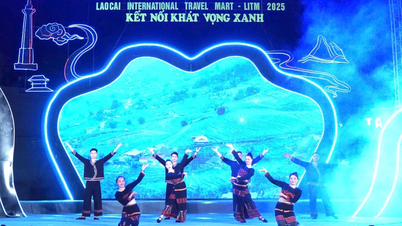

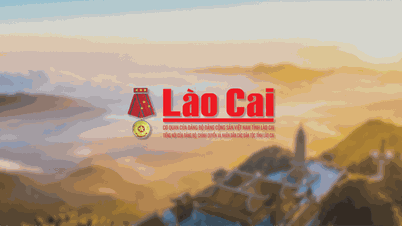
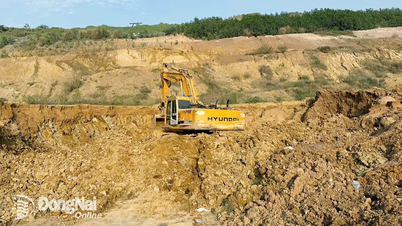

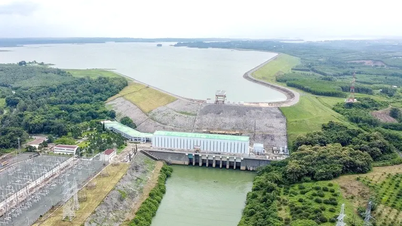
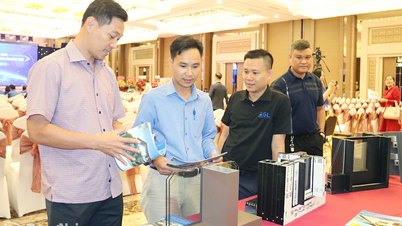




![[OCOP REVIEW] Tu Duyen Syrup - The essence of herbs from the mountains and forests of Nhu Thanh](https://vphoto.vietnam.vn/thumb/402x226/vietnam/resource/IMAGE/2025/6/5/58ca32fce4ec44039e444fbfae7e75ec)







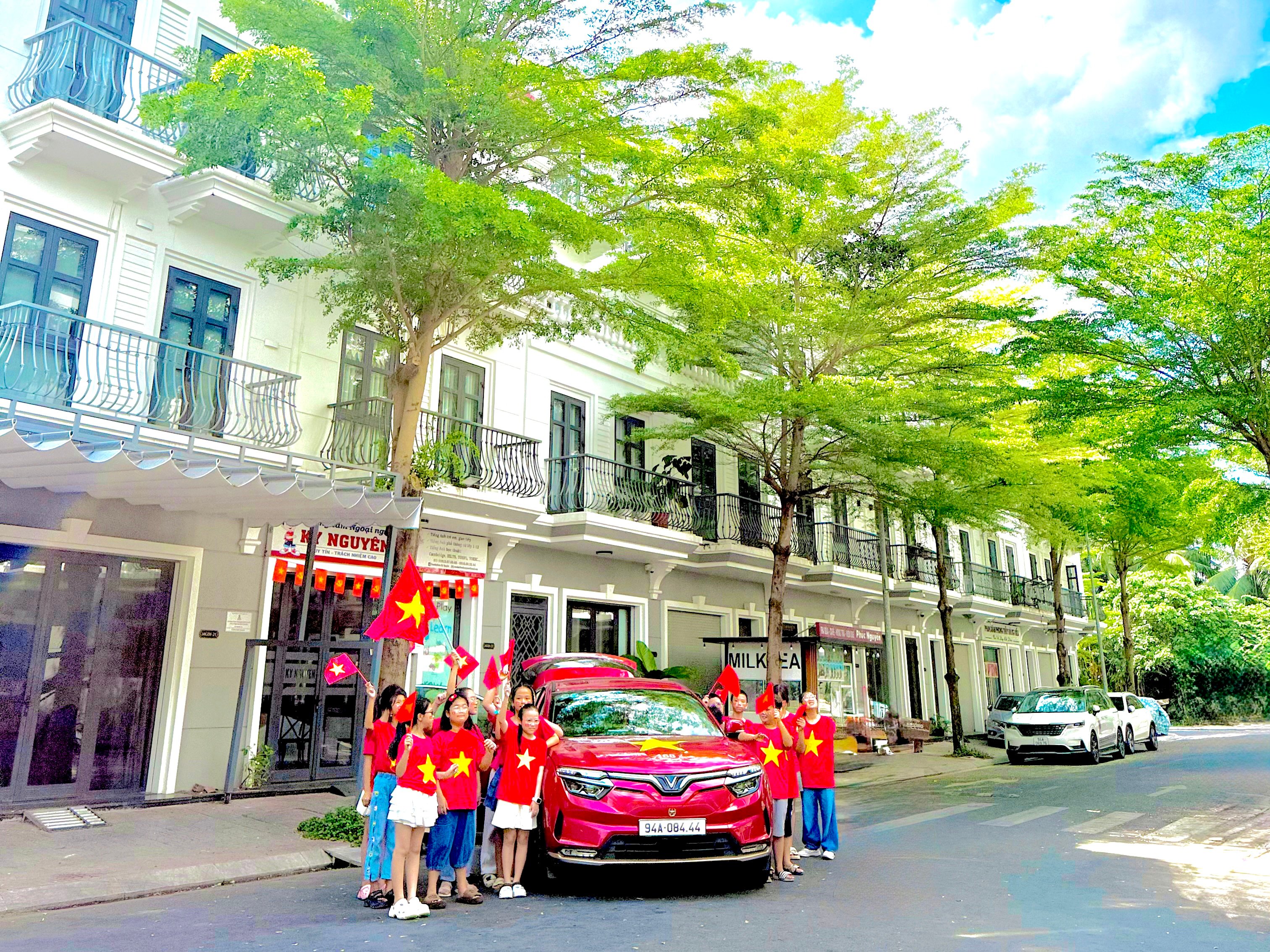


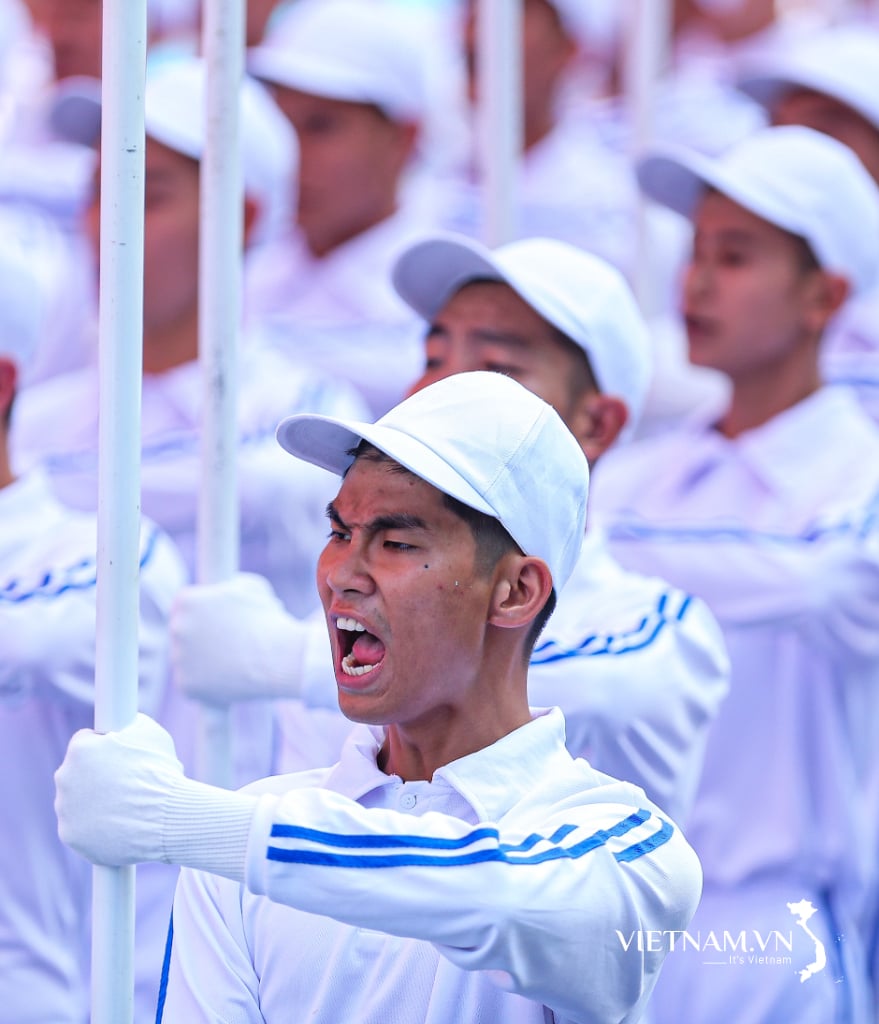
Comment (0)